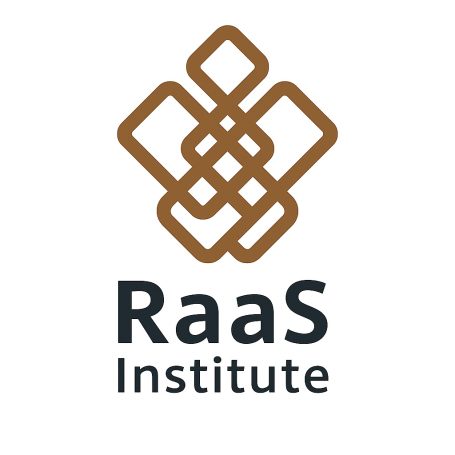Our Work With Partners
Whether you're launching a data-driven health initiative, exploring AI for public systems, or looking to evaluate impact at scale — we’re here to help.
Let’s turn data into resilience, equity, and impact.
Contact us to co-design your next solution.
Why Partner With Us
Mission-driven, impact-focused: We exist to
serve public good.
Expertise with purpose: Our work combines
technical depth in Al, statistics, and public health
with deep contextual knowledge of high and low
income settings.
Open and collaborative: We believe in shared
knowledge, open-source innovation, and co-creation with our partners.
Ethical and equitable: We embed principles of
fairness, inclusion, and data sovereignty in every
project.

Don't miss our latest projects!
Stay up to date on our current projects and developments in the fields data science.
01
Designing and Evaluating an AI-Driven Chatbot for HPV Vaccine Education Among Adolescent Girl
This project will develop and rigorously evaluate an AI-powered conversational agent (chatbot) tailored to educate adolescent girls about the Human Papillomavirus (HPV) vaccine. The chatbot will provide accessible, age-appropriate information through interactive dialogue, addressing common questions and misconceptions. We will follow a participatory co-design process involving adolescent users, educators, and health professionals to ensure cultural relevance, clarity, and trustworthiness of content. The evaluation phase will involve a mixed-methods study to assess user engagement, knowledge gain, acceptability, and impact on vaccine intent. By leveraging natural language processing (NLP) and behavioral science principles, this project aims to explore the feasibility of conversational AI as a scalable tool for adolescent health education, particularly in low-resource or underserved settings.
02
Development of a Facility-Based Dashboard for Monitoring Disease Burden to Inform Resource Allocation
This project will focus on designing and implementing an interactive digital dashboard that visualises disease burden using routine outpatient and inpatient data from health facilities. The dashboard will integrate key indicators on patient diagnoses, case volumes, admission trends, and service utilisation across facilities, with the aim of supporting timely, data-driven decision-making at the district and national levels. The system will enable health managers and planners to identify priority health conditions, track seasonal patterns, and allocate personnel, medications, and diagnostics more effectively. The dashboard will feature disaggregated views by age, sex, location, and facility type, and include automated alerts for significant changes in disease trends. The solution will be piloted with end users in clinical and administrative roles to ensure relevance and usability.
03
Modeling Vaccine Uptake in Niger
This study will explore the association between sociodemographic variables and vaccination coverage in the Communes of Niger. Using DHS data, machine learning algorithms will be employed to model and predict vaccine uptake disparities. The study aims to provide actionable insights for targeted immunisation programs.
04
Evaluating the Effect of National Health Insurance Coverage on Neonatal and Child Mortality
This study will assess how national health insurance coverage affects neonatal mortality and mortality among children aged 28 days to five years. By quantifying these associations, the study will contribute to evidence-informed pathways for achieving Sustainable Development Goals. Key outcomes will include estimated neonatal and child mortality rates, stratified by insurance status.
05
Predicting of Anemia in Children Under Five in Nigeria
This study will develop and evaluate a set of machine learning models to predict anemia in children under five, using the 2023 Nigeria Demographic and Health Survey. Models to be tested will include logistic regression, random forest, decision tree, support vector machine, Naïve Bayes, and k-nearest neighbors. The comparative performance will be assessed using ROC curves and multiple accuracy metrics to determine the most robust predictive approach.
06
Identifying Determinants of Zero-Dose Status in Children Using Supervised Machine Learning: Evidence from Colombia
This research will use the most recent nationally representative household health survey from Colombia to model predictors of zero-dose children—those who have not received any vaccines. The study will include children aged 12–23 months and evaluate model performance using accuracy, precision, recall, F1-score, and AUC to ensure reliability in real-world applications.
© 2025 RaaS Institute. All rights reserved.
Wir benötigen Ihre Zustimmung zum Laden der Übersetzungen
Wir nutzen einen Drittanbieter-Service, um den Inhalt der Website zu übersetzen, der möglicherweise Daten über Ihre Aktivitäten sammelt. Bitte überprüfen Sie die Details in der Datenschutzerklärung und akzeptieren Sie den Dienst, um die Übersetzungen zu sehen.
